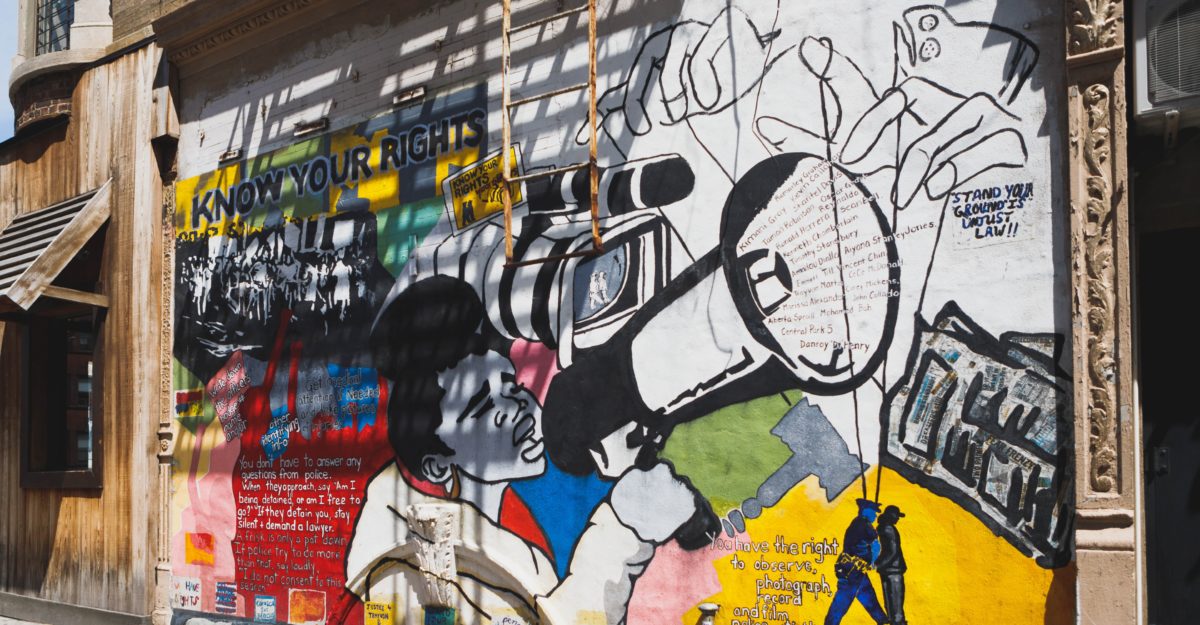B.C. Human Rights Commission Returns

B.C. Human Rights Commission: A 15-Year Absence
B.C. Premier John Horgan signalled that his new government will be taking steps to fill a hole in the way in which human rights issues are dealt with in the province.
Citing the fact that British Columbia is the only province without a human rights commission, Premier Horgan announced that he would be launching a public consultation process in September to look into reinstating the BC Human Rights Commission — 15 years after it was dismantled.
Past Problems
Of key interest to human rights lawyers — not to mention the individuals who have human rights claims — is whether or not the new commission will be remodeled in such a way so as to avoid the problems that gave rise to its dissolution in 2002.
The former iteration of the commission acted almost as a vetting tool, wherein individuals with a human rights complaint made them first to the BC Human Rights Commission and the Commission would decide whether cases would proceed to the Human Rights Tribunal.
Not surprisingly, this process could be agonizingly slow and was a significant contributor to the delay plaguing the adjudication of human rights claims.
Since 2002, individuals have had direct access to the Tribunal, which has indeed resulted in a more expedient and efficient process.
Why Now?
Given recent “high profile incidents of hate” in B.C. – Attorney General David Eby cited the proliferation of anti-Chinese pamphlets in Richmond as an example – our new government believes that re-establishing an organization that seeks to advocate for and educate the public on human rights will “create a more inclusive and just society”.
What this new B.C. Human Rights Commission will look like, and what its role will be, ultimately depends on the feedback extrapolated from the public consultation process.
However, based on the governmental soundbites so far, it seems as though the goal is to create a body that has, as it’s foremost purpose, addressing discrimination proactively through education and community outreach, rather than as a reactive adjudicative body.
An exemplar of such an organization exists in Ontario, where individuals continue to enjoy a direct-access system with the Ontario Human Rights Tribunal.
The Ontario Human Rights Commission operates solely to expose and address forms of discrimination that are rarely subject to adjudication and to “promote, protect and advance human rights through research, education, targeted legal action, and policy development”.
For example, the OHRC’s Strategic Plan over the next five years is to proactively protect and promote human rights in the context of Indigenous communities and the criminal justice system and to educate the public on how systemic discrimination causes and sustains poverty.
In The News
• B.C. Government to bring back human rights commission after 15 years
• Opinion: BC Human Rights Commission should not be used as a political football
• B.C. human rights commission to be restored after 15-year absence
So, although there remains some legitimate concern about avoiding the systemic delay that caused the dismantlement of the B.C. Human Rights Commission in the first place, it would seem that there is also a real opportunity here to establish a body in the province that would assist with the education and proliferation of information regarding human rights, which would ultimately be very hard to argue against.
Use Our Interactive Resources
Pocket Employment Lawyer
Use our interactive resource to determine if your employment rights have been violated or if your long term disability claim was inappropriately denied.
Use Pocket Employment LawyerSeverance Pay Calculator
Accurate. Anonymous. Free. Find out how much severance you are owed in Ontario or B.C.
Calculate Severance Pay



